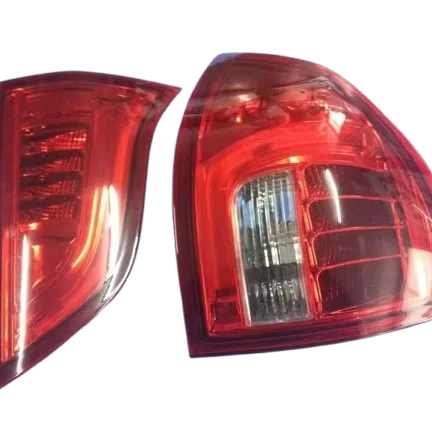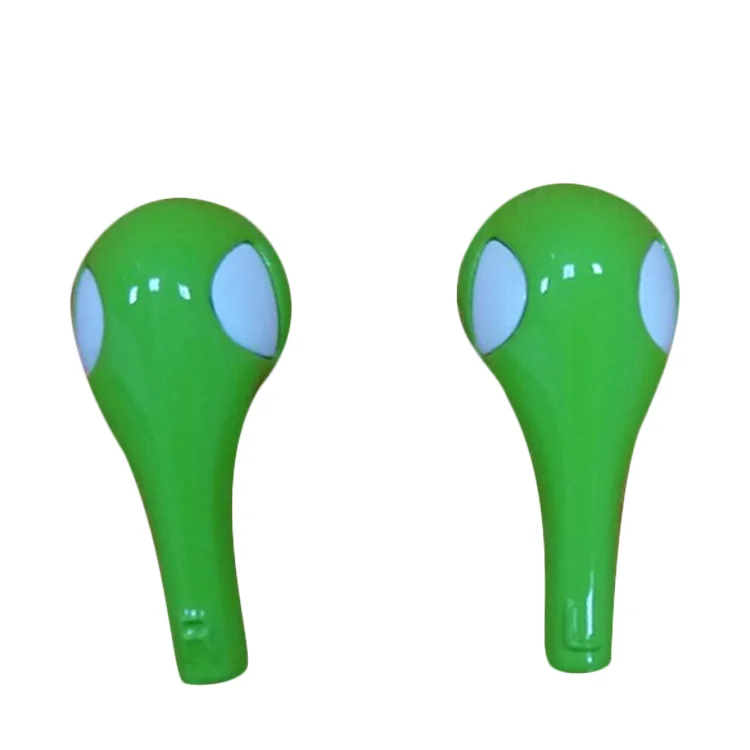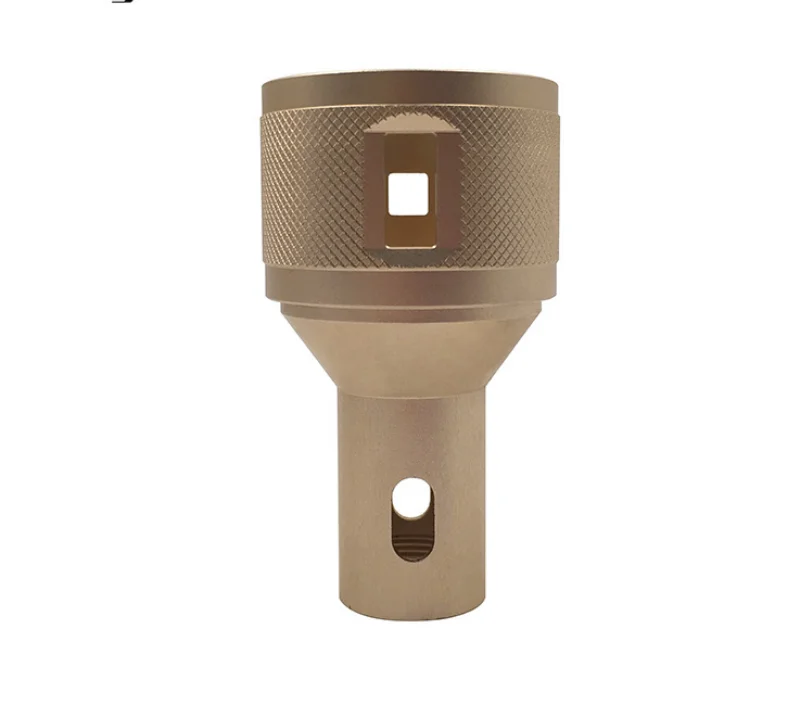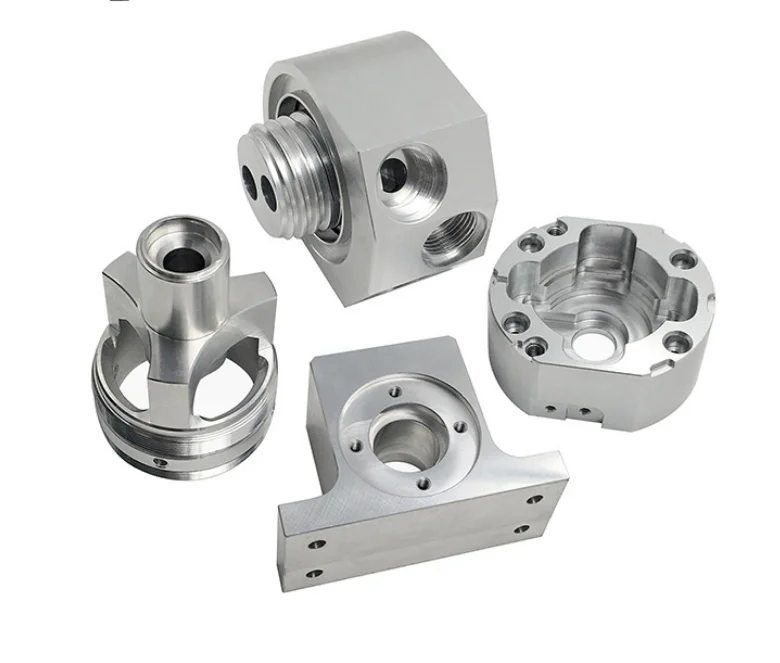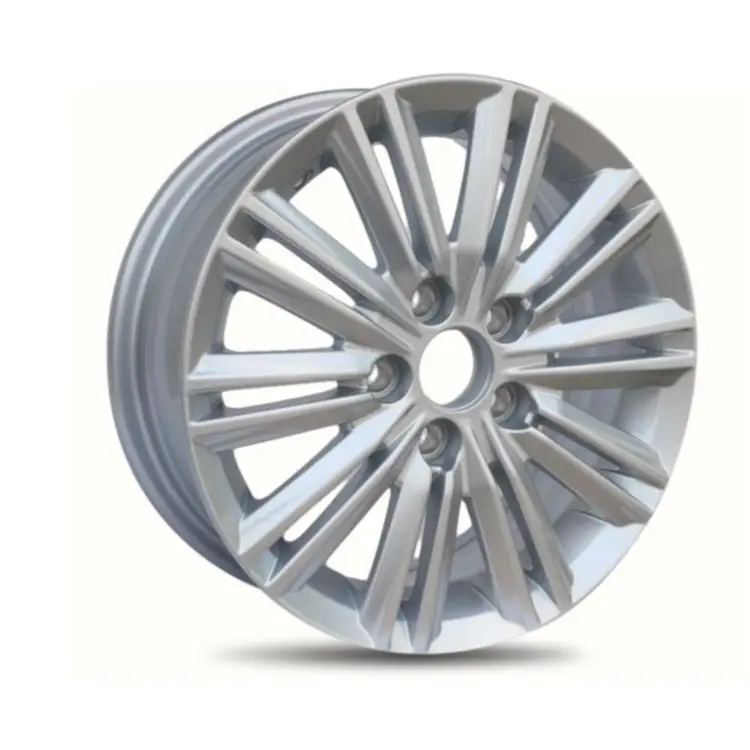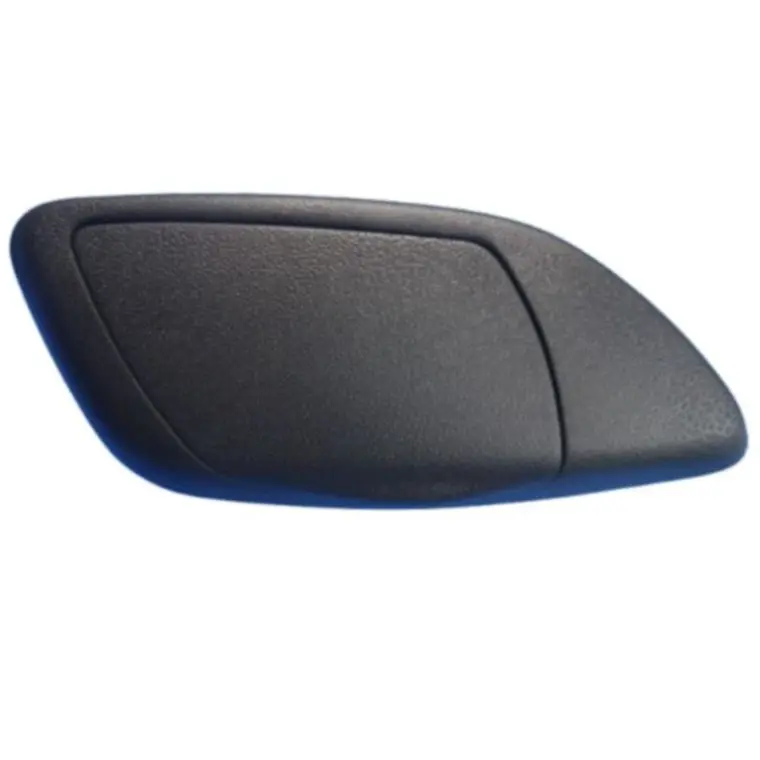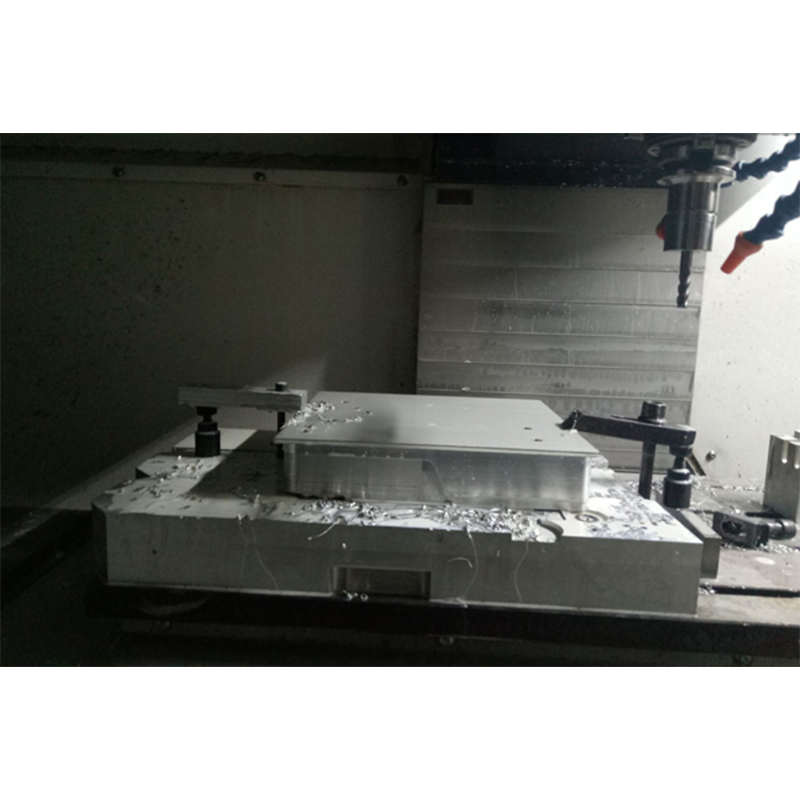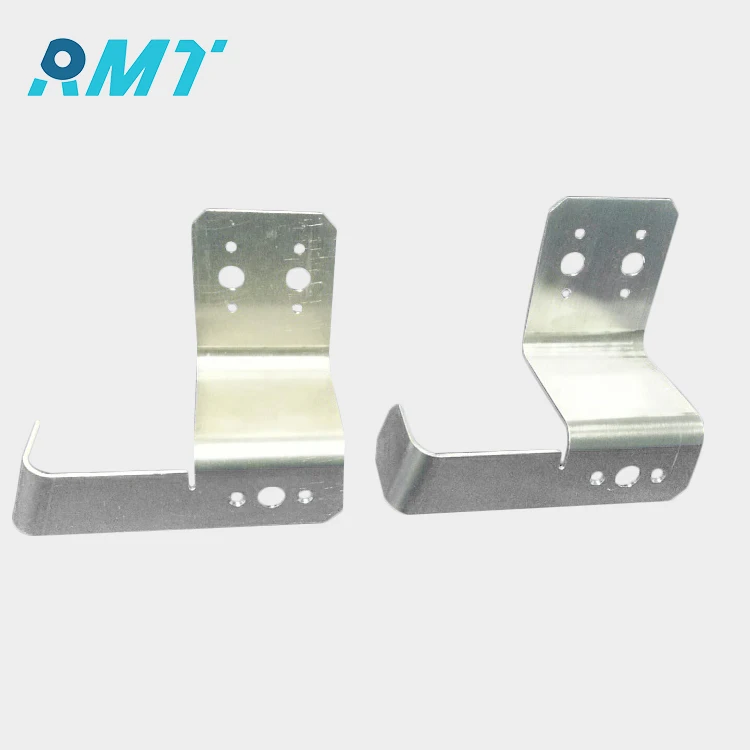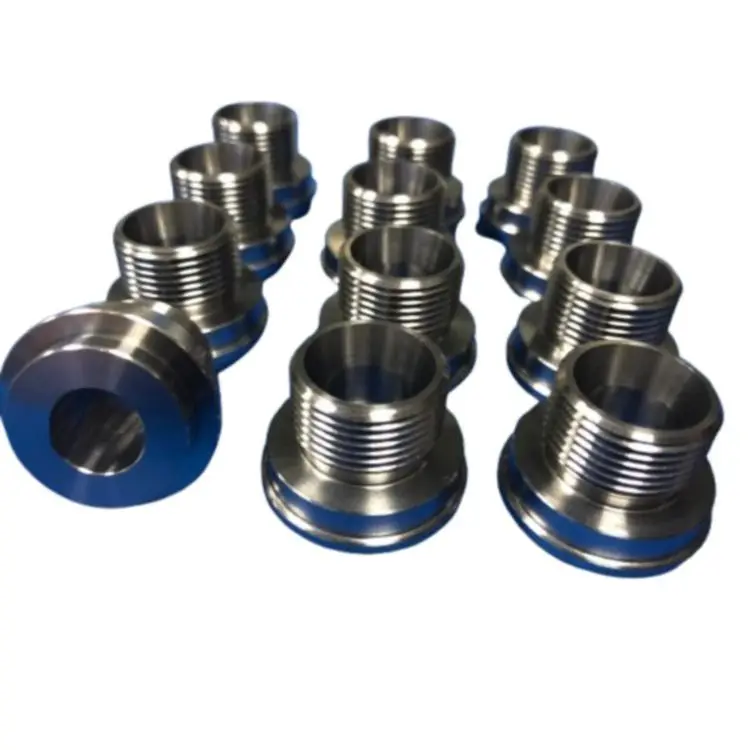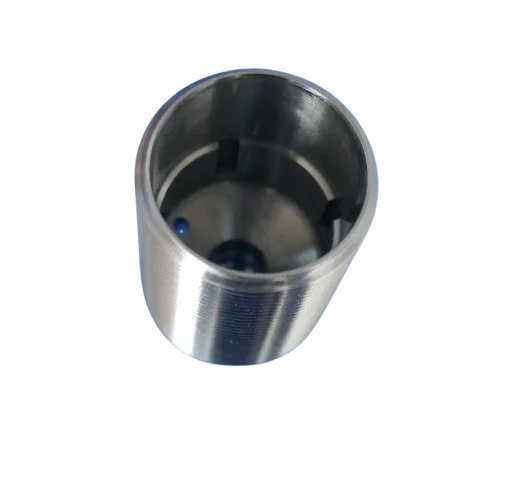CNC Turning and Milling Services for Brass Mechanical Parts
Advantages of Brass for Precision Machining
Superior Machinability for Complex Components
Brass works really well when it comes to machining, especially when making detailed parts using CNC machines. Take C36000 alloy as an example. This particular type of brass doesn't wear down tools as much as others do, so tools last longer before needing replacement. That means manufacturers spend less money on replacements over time. The metal also cuts faster during machining processes. Some shops report being able to run their CNC machines about 30 percent quicker than with alternative materials. Because of these properties, brass becomes a go to option for complicated parts that need tight tolerances. Production runs become more efficient overall while keeping expenses under control.
Corrosion Resistance in Demanding Environments
Brass stands up really well against corrosion, particularly where there's lots of moisture around or in marine settings. That's why so many aerospace and maritime industries rely on brass parts. The stuff just lasts much longer than alternatives. We're talking about service life extensions of anywhere between five to ten years in some cases. When components don't need replacing as often, companies save money on replacements and avoid those frustrating production halts. For anyone working in tough environments, brass turns out to be pretty economical despite higher upfront costs. Operations run smoother when equipment doesn't constantly need fixing or swapping out.
Electrical & Thermal Conductivity Benefits
Brass conducts electricity and heat really well, which is why it's often used in electrical connectors and other similar parts. For car manufacturers and electronic device makers, this kind of conductivity matters a lot because it helps keep things running smoothly while meeting safety requirements. Some research indicates brass actually boosts conductivity around 15% better than regular copper options. That makes all the difference in sectors where moving energy efficiently and managing heat are big concerns, especially when talking about making car components that need to handle both power and temperature extremes reliably over time.
Common Brass Alloys for CNC Mechanical Parts
C36000 Free-Cutting Brass for High-Speed Production
C36000 alloy really shines because of those excellent free cutting characteristics, which makes it work great with high speed CNC machines. The material can take on large scale production runs while still maintaining good quality standards, so many factories end up choosing it for their big volume jobs. Some shops actually see around a 20 percent boost in production speed when they switch from other harder to machine alloys to C36000. This kind of performance makes all the difference in sheet metal work where tight tolerances matter, and across various CNC manufacturing processes where time equals money on the shop floor.
C46400 Naval Brass for Marine Applications
C46400 naval brass was developed with marine environments in mind because it stands up really well against saltwater damage while maintaining good strength properties. Boat builders and those working on offshore platforms often go for this type of brass since regular materials tend to corrode much faster when exposed to seawater over time. Some tests indicate these components last anywhere from 20 to 30 years before showing significant wear, which means less frequent replacements and lower long term costs for maintenance crews. For companies making specialized parts needed in both marine settings and even certain aerospace applications where weight matters but durability still counts, C46400 remains one of the top choices available today.
C26000 Cartridge Brass for Electrical Components
C26000, which many people call cartridge brass, works really well for electrical stuff because it has great mechanical properties. What makes this alloy special is how it balances both ductility and strength, so it performs exceptionally in things like electrical contacts and connectors where materials need to bend but still hold up. According to what some industry folks are saying, parts made with C26000 tend to have about 30 percent better connection reliability than those made from other metals. That's why we see it used so much in automotive manufacturing these days, especially for components that require good electrical conductivity. The auto industry isn't the only one taking notice either; electronics manufacturers also appreciate what this material can do when they need reliable connections under various conditions.
Applications Across Industries
Automotive Engine & Fuel System Components
The automotive industry relies heavily on brass for making essential parts in engines and fuel systems. What makes brass so popular? Well, it cuts easily during machining and stands up well against rust, which is why mechanics often specify it for things like fuel line connections and valve bodies that face intense heat and pressure conditions daily. Industry reports show around 40 percent of all car parts contain some form of brass alloy these days. Beyond just lasting longer without failing, brass actually speeds up manufacturing workflows because shops can work with it faster than many other metals. That combination of durability and ease of use explains why auto makers continue choosing brass despite newer materials entering the market.
Aerospace Fluid Control Fittings
Brass fittings have become a staple in aerospace fluid control systems because they combine strength with relatively light weight. Aircraft manufacturers rely heavily on these parts since any failure could lead to serious safety issues during flight. According to some industry reports, brass fittings fail at an incredibly low rate of under 0.01%. That kind of track record makes them stand out in aviation where everything needs to work flawlessly. Another reason brass works so well here is how easy it is to machine into complex shapes needed for modern aircraft designs. Mechanics can shape brass components with greater precision compared to many other metals commonly used in manufacturing.
Medical Device Connectors & Valves
More and more manufacturers are turning to brass for making connectors and valves in medical devices because it naturally resists bacteria growth. The materials we choose really matter when it comes to keeping things clean in hospitals and clinics. Research looking at different materials shows brass connectors actually lead to fewer infections than their stainless steel or plastic counterparts. That's why many healthcare facilities prefer brass parts for instruments they need to sterilize frequently. Even though brass needs proper maintenance, it holds up well over time without losing its effectiveness, making it both hygienic and durable for long term use in critical care settings.
Precision CNC Milling & Turning Services
Custom Brass Parts Production Capabilities
At our CNC workshop, we specialize in making custom brass components that fit exactly what customers need. We've got state-of-the-art machines running alongside skilled techs who can tackle anything from small prototypes right through to large batch runs. When businesses want their products performing at peak levels, customization makes all the difference. Take automotive manufacturers for instance they often need specialized brass fittings that standard off-the-shelf options just cant match. Many industrial clients report seeing real gains after switching to customized brass solutions. With our precise machining capabilities across multiple brass alloys, regular clients know they'll get reliable parts that consistently meet specifications week after week.
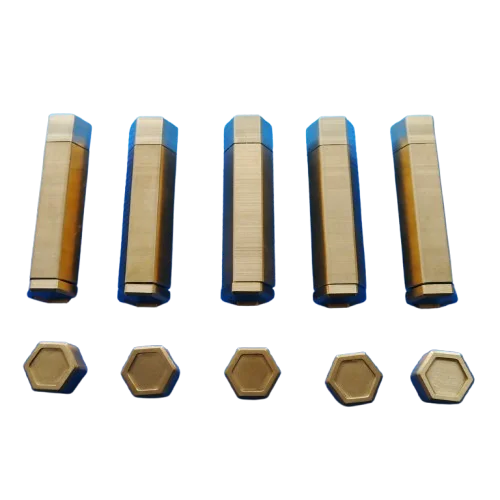
Multi-Axis Machining for Complex Geometries
The workshop comes equipped with advanced multi-axis CNC machines that handle all sorts of complicated shapes and detailed work. These machines really boost accuracy while cutting down on production time when dealing with components that need various angles and fine details. Industry data shows that switching to multi axis machining can actually speed things up by around 25 percent, which means getting those tough jobs done quicker than ever before. Having this kind of capability makes all the difference when trying to hit tight deadlines without compromising quality standards in today's cutthroat manufacturing landscape.
ISO-Certified Quality Assurance Processes
We stand behind our work through strict ISO-certified quality control measures that make sure every brass component we produce hits international benchmarks. Throughout the entire manufacturing process, our team runs inspections at multiple points from raw material intake all the way to final assembly. These regular checks help catch any potential issues early on while also building better overall product performance. Clients actually tell us this matters a lot too. Many have mentioned in their feedback that seeing our ISO certification gives them peace of mind about what they're getting. After all, when someone invests in precision parts, knowing those parts meet global standards just builds confidence in the partnership going forward.
Why Partner with Our CNC Workshop
Fast-Turnaround Prototyping to Mass Production
What makes our CNC workshop special? Well, we handle everything from first prototypes right through to full scale production runs. We've got some pretty impressive machines running around the clock which means getting those early prototypes done happens much quicker than most shops can manage. Clients really appreciate being able to test and tweak their designs without waiting forever. The numbers tell the story too – according to what our customers say, we typically finish jobs about 20 percent faster than what's considered standard in the industry. That kind of speed gives companies a real advantage when they're trying to stay ahead of competitors. No wonder so many manufacturers end up working with us regularly for all sorts of production requirements.
Tight Tolerance Control (±0.01mm)
We put precision first in everything we do, which shows through our CNC tech capable of holding tolerances down to just 0.01mm. When working on parts for aerospace applications or medical devices, this kind of accuracy matters a lot because even tiny mistakes can lead to big problems downstream. Looking at our shop floor records over the past year, 98% of all components came out within spec limits, often beating what clients asked for. That attention to detail makes all the difference when manufacturing parts that need to function flawlessly under extreme conditions or inside the human body.
Industry-Specific Surface Treatment Options
The CNC workshop has several specialized surface treatments available for different industries, all aimed at improving how long parts last and how well they perform. We offer things like plating, anodizing work, and various polishing techniques depending on what customers need whether it's looks or functionality they're after. According to what we hear from people actually using these treatments in their operations, components tend to last about 30% longer when properly treated. Longer lasting parts mean better performance overall, which saves money in the long run for most businesses. That's why many companies keep coming back to us for their brass component needs despite having other options out there.
For those seeking more about our offerings and to see how these capabilities can benefit your projects, we encourage direct communication or a visit to our facility. Our team is ready to provide detailed insights into how we can meet your specific production needs with precision and efficiency.
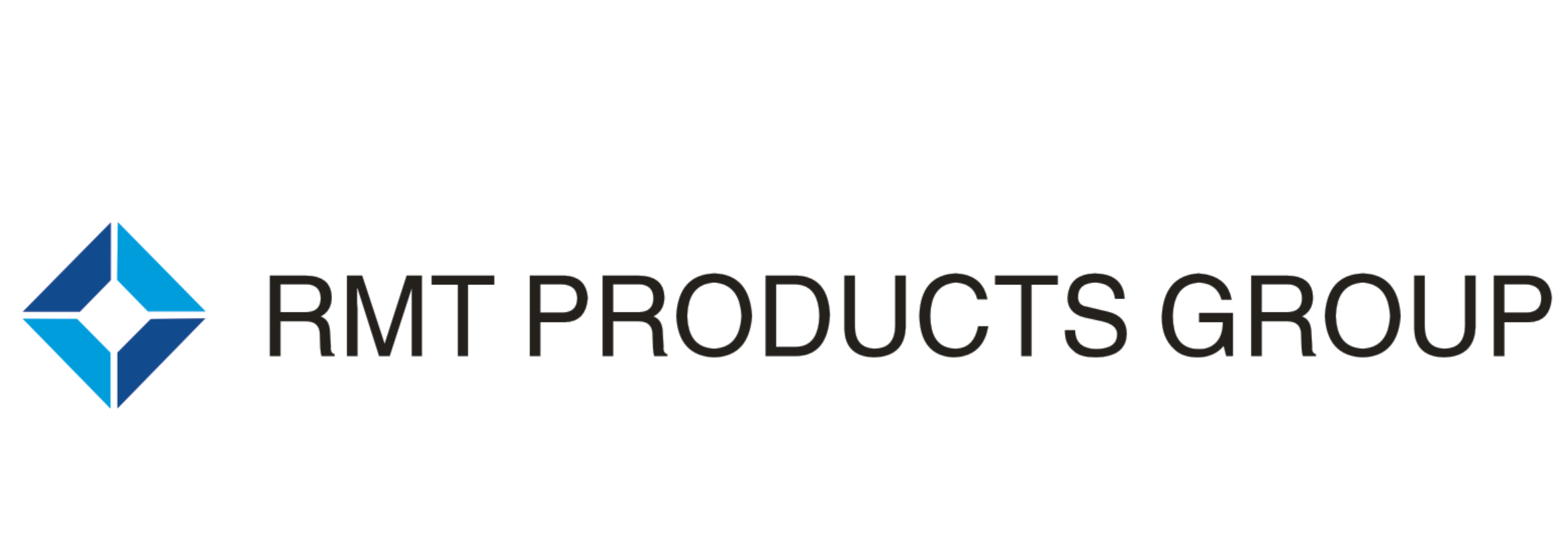
 EN
EN
 AR
AR
 BG
BG
 HR
HR
 CS
CS
 DA
DA
 NL
NL
 FI
FI
 FR
FR
 DE
DE
 EL
EL
 IT
IT
 JA
JA
 KO
KO
 NO
NO
 PL
PL
 PT
PT
 RO
RO
 RU
RU
 ES
ES
 SV
SV
 IW
IW
 LV
LV
 SR
SR
 SK
SK
 UK
UK
 GL
GL
 HU
HU
 TH
TH
 TR
TR
 FA
FA
 GA
GA
 CY
CY
 EU
EU
 BN
BN
 BS
BS
 LA
LA
 NE
NE
 SO
SO
 KK
KK
